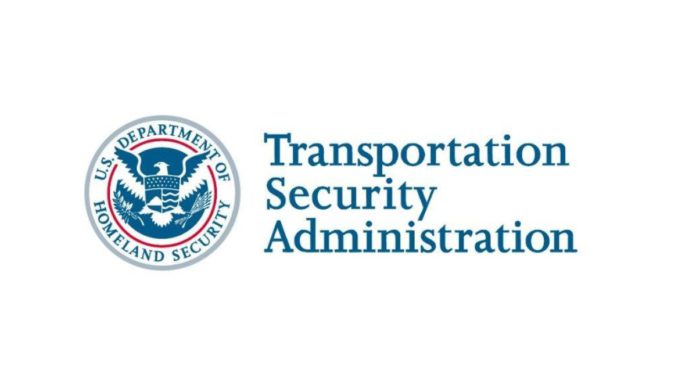The Transportation Security Administration (TSA) of the United States selects transport security services providing company Pangiam’s artificial intelligence (AI)-powered solution to improve airport security.
Officials claim that the new AI-driven accessible screening technology has the potential to revolutionize airline security throughout the world.
In December 2021, the Transportation Security Administration’s Innovation Task Force (ITF) released a Broad Agency Announcement (BAA) for transportation security solutions to find innovative ideas that are thoroughly reviewed and subsequently presented in a live operational environment.
Read More: NXP announces MCX general-purpose Arm Cortex-M MCU family with 30x faster ML performance
Pangiam has partnered with Google Cloud to initiate its Project Dartmouth. The project employs artificial intelligence and pattern analysis tools to process and analyze massive volumes of data in real-time to discover potentially forbidden goods in carry-on luggage.
TSA’s System Integration Facility (TSIF), a 128,000-square-foot facility that acts as a testing ground for state-of-the-art technology for prospective adoption at airport security checkpoints, will kick off the first phase of Project DARTMOUTH experiments.
Alexis Long, Product Director, Pangiam, said, “As TSA and other security agencies adopt 3D Computed Tomography (CT), this application of AI represents a potentially transformative leap in aviation security, making air travel safer and more consistent while allowing TSA’s highly trained officers to focus on bags that pose the greatest risk.”
Long further added that their goal is to use AI and computer vision technologies to improve security by giving TSA and security officers powerful tools to detect prohibitive items that could pose a threat to aviation security. This is a significant step toward establishing a new security standard with global implications.


